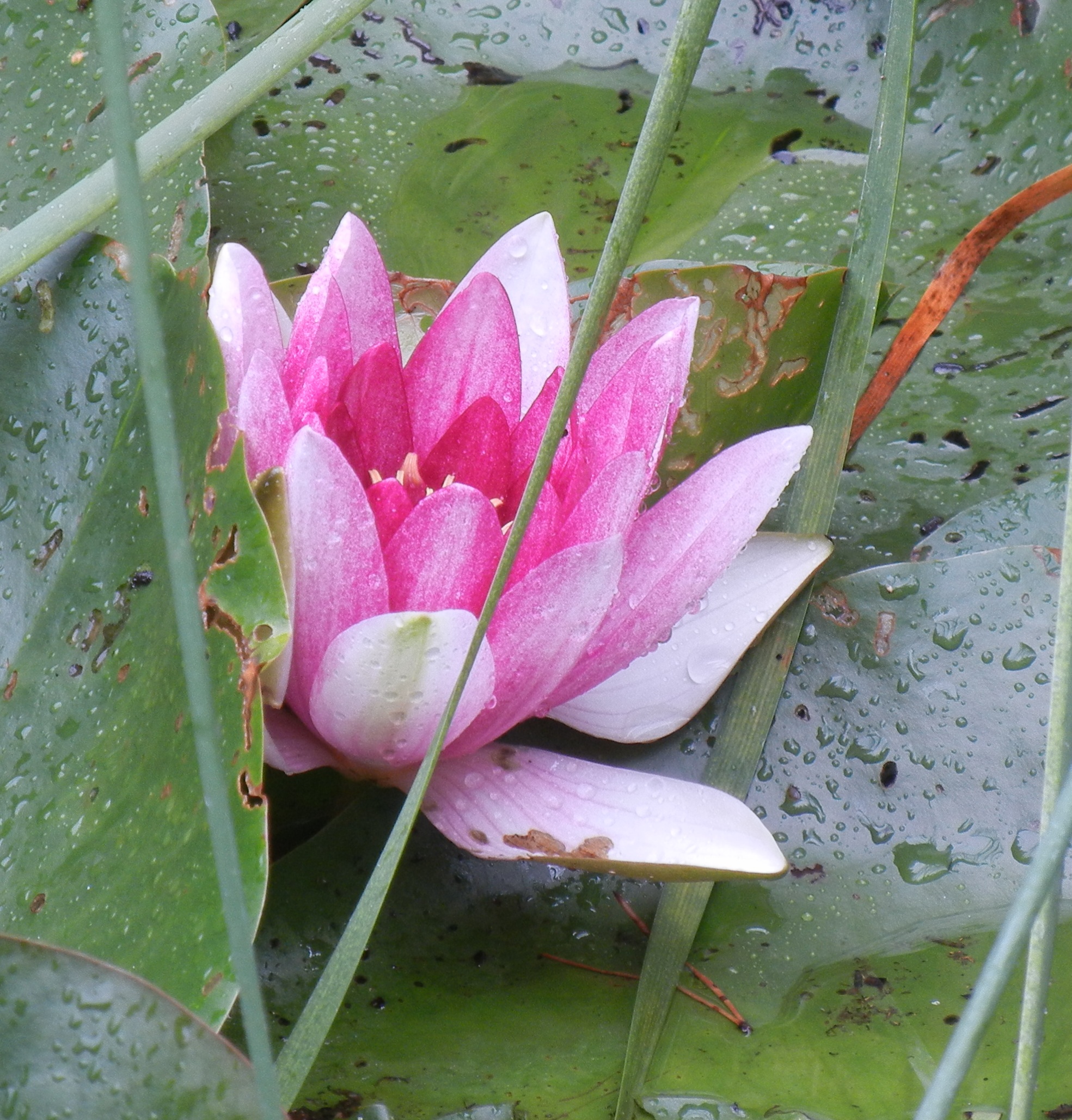Do you believe in horoscopes? I read them sometimes to reflect on my life. A recurring message is a message of cause and effect:
If you don’t handle this influence well, you will have considerable difficulty with your relationships in the years to come. And these difficulties will be the result of unfortunate patterns established now. The border between discipline and habit is often hard to distinguish, but that is precisely the difference that you have to keep in mind at this time. Habit is mindless and unconscious, whereas discipline is self-imposed and suited to achieving your goals.
Learning from life lessons is not a trivial task. What makes it hard is a propensity to retreat within and avoid the painful and hurtful experiences, that is, aversion to loss.
I have been watching these hard-wired habits within myself lately. Interestingly, they are present in nearly every aspect of living. I’ve started taking tennis lessons and one of the first things I learned was about a desire to control. The more I try not to make a mistake by attempting to control technicalities of a stroke, the less control I have. Tennis is a highly cognitive sport with lots of opportunities for getting drowned in the noise – body movement, racket position, self-congratulatory or self-deprecating chit-chat, and so on. Learning what is the easiest thing to control in tennis seems obvious, but eludes even the good players.
Do you remember your first heartbreak? Did you vouch to avoid it at any cost in the future or did you decide to keep loving in spite of pain and suffering it may bring? I did the latter, but with passing time it became more challenging to stay true to that vow. People often disappoint, betr
Is it not obvious that the easiest thing to control in any relationship is not the others, but ourselves? This basic wisdom eludes most of humanity. It eludes me when I am not aware, which is plenty of time. At first my meager attempts to reconcile conflicting information and emotions within feel weak and lousy, fake and frustrating. When I do well, I eventually recover love and peace. When I don’t do well, I close myself off to the source of conflicts and miss the opportunity to grow. Then a gentle voice reminds me: “Do you remember the promise?” I do. Life goes on and as long as I hear that voice, I am alive.
“As a human being what should we do to reciprocate the benevolent influence of life?”
― Johwa Choi